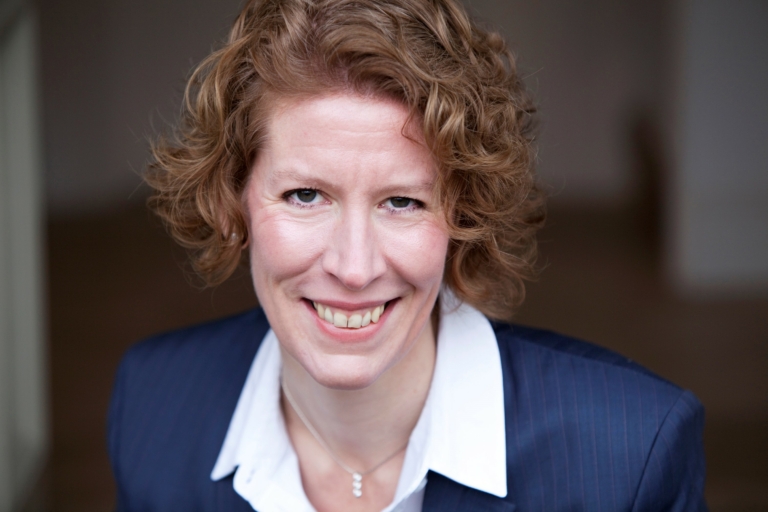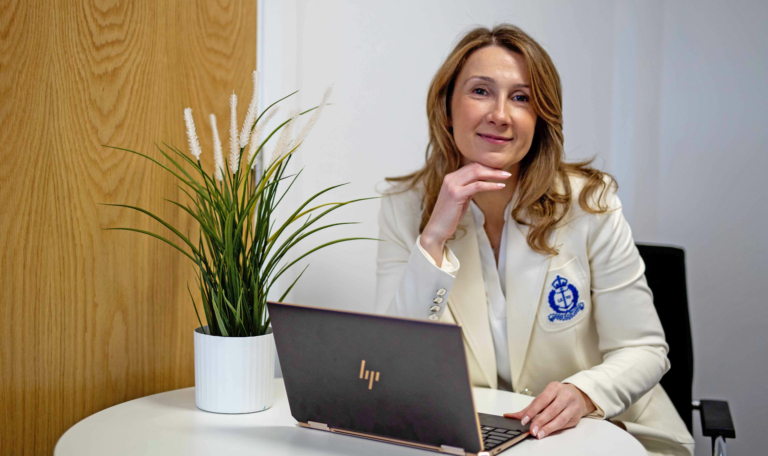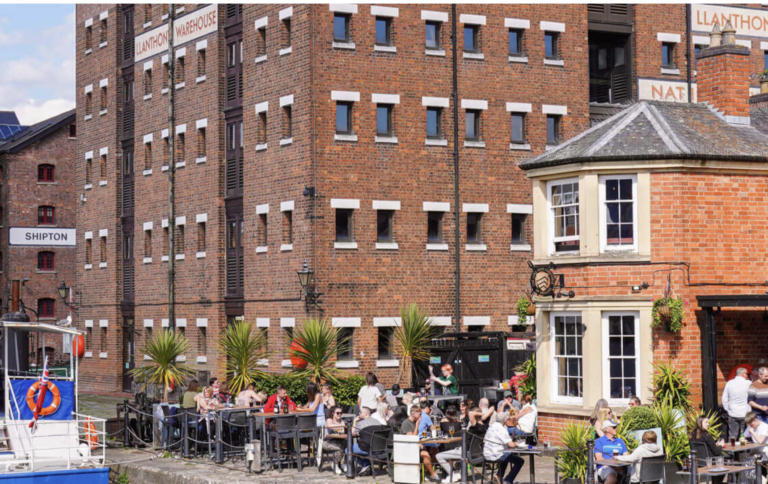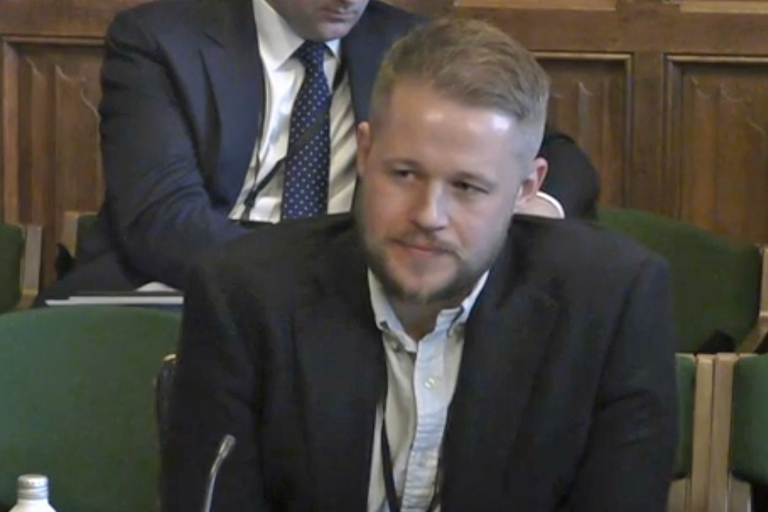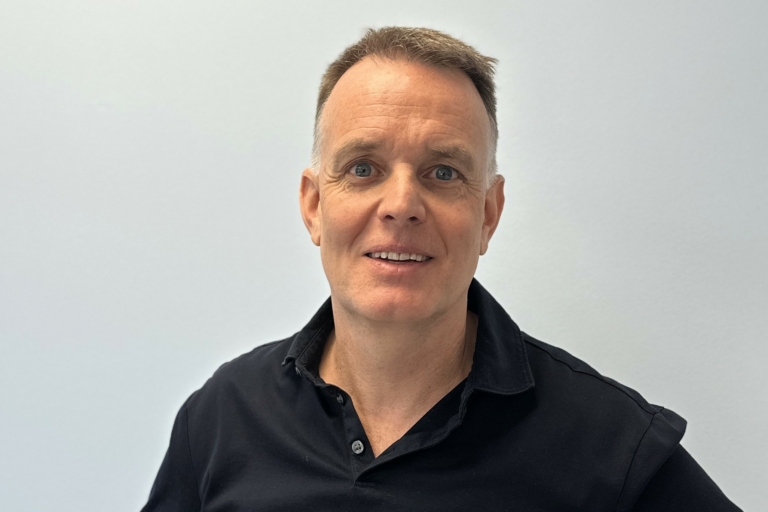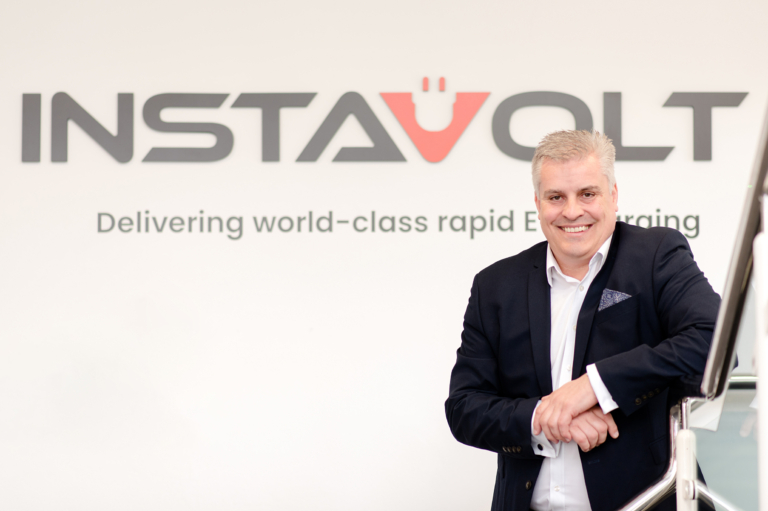Creating environments for a worklife less ordinary
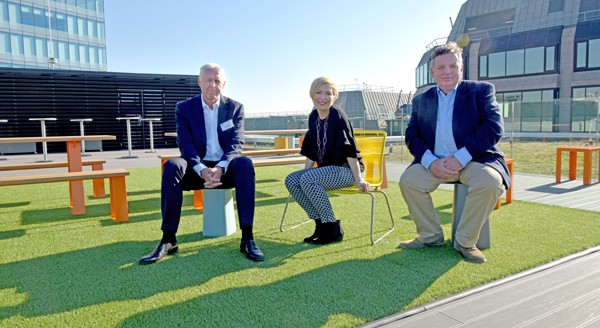
"There are things other than a desk that help people do their best work," stated innovation and inspirational change specialist Kursty Groves.
An experiential workplace environment that motivates staff to enjoy achieving their company’s commercial purpose, can be key, explained Groves during an enlightening breakfast seminar staged by commercial property consultants Lambert Smith Hampton and The Business Magazine at The White Building, Reading’s new pioneering co-working office development. John Burbedge reports.
Beanbags and slides, exposed bricks and ducts, barstools and breakout areas may well be the productivity answers for some workforces, but in today’s modern workplace environments they need to be relevant as motivational drivers, not interior design gimmicks.
Groves asked the packed audience to consider: Why do people work? Where are they at their creative best? How do people like to work? And, can workplace environments really change mindsets and performance levels?
Company teams work well when they have common values and objectives, but teams consist of individual human beings each with their own expectations, needs and preferences – a generational conundrum being resolved by innovative developers, designers and company occupiers of modern workplaces, she argued.
Groves advocated that the physical and cultural nature of workplace environments can make people feel better or even inspired, improve their work and efficiency, and help them learn or alter a mindset – perhaps towards a worklife less ordinary.
During a highly interactive seminar, Groves explored and exposed the individual differences and global influences challenging today’s evolving worklife and its fresh business environments.
With many businesses now trading internationally or worldwide, global trends influence how we all live and work. She invited audience groups to prioritise the influencers from 16 major trends ranging from robotic technology to rented real estate; mistrust of institutions to online lifestyles; corporate megaliths to collaboration and co-working; money values to the end of nature.
While priorities varied between technological and environmental drivers, the group selections focused heavily around generational change in the workplace. By 2025, three out of every four workers globally will be millennials, while Generation Z, born after 1998, will be the first post-Internet employees.
Personal values such as recognition and self-worth, the need to achieve, seek knowledge, share ideas, put something worthwhile back into the world, can today be as valuable to employees as their pay-cheque.
“Candidates today are often not looking for a career; they are looking for a worklife experience,” noted Groves.
The working environment needed to cater for that mindset, not least because it is estimated that an average UK worker might spend 99,000 hours of their working life in an office-like environment.
With potentially five generations being represented in many workforces, the working environment was a melting pot of mindsets, Groves pointed out. But, assuming stereotypical opinions about the mindsets of baby-boomers or millennials could be dangerous. Personal attitudes and viewpoints can and do change according to individual experiences.
“Don’t do a cut and paste from a successful working environment design and think it will work for you,” she warned. Knowing and understanding employees well was the way forward, and involving them within an engaged environment was the objective.
Groves highlighted research by the University of Exeter which revealed that allowing staff to personalise their workspace could increase their productivity by over 15%, and allowing them more flexibility about when and where they did their work could boost individual productivity by more than 30%.
That corporate ‘gift’ of permission, trust and autonomy within the workplace could unlock doors to bottom-line benefits, suggested Groves. Facilitating is not simply about providing furnishings and services within a workplace, she stressed.
A successful workplace should link employees’ environmental worklife needs to the company culture and its commercial purpose, Groves summed up.
Nick Coote, Thames Valley head of LSH, later thanked Kursty Groves, mentioning his admiration for her new book Spaces for Innovation. David Murray, publisher of The Business Magazine highlighted LSH’s own valuable work assisting commercial clients seeking “cool workspaces”.








